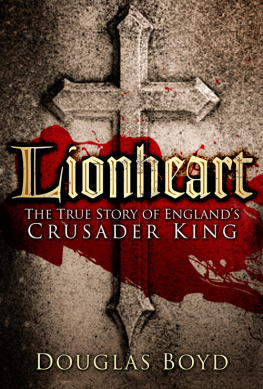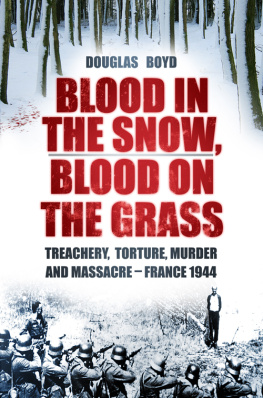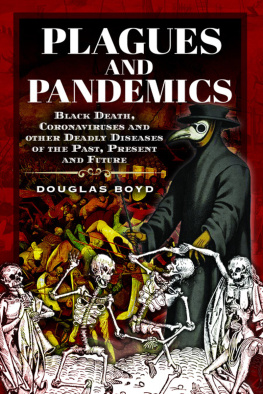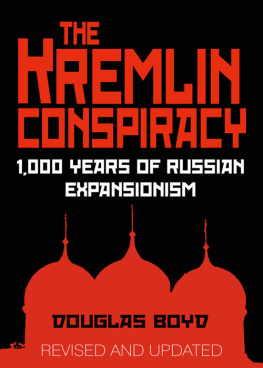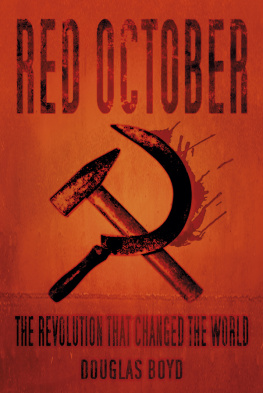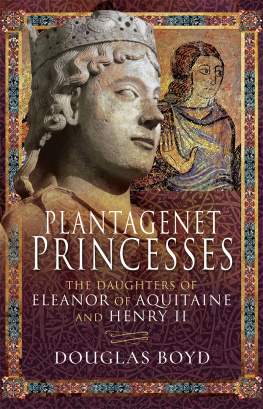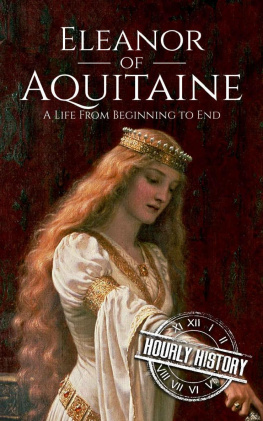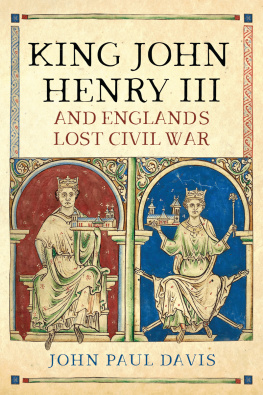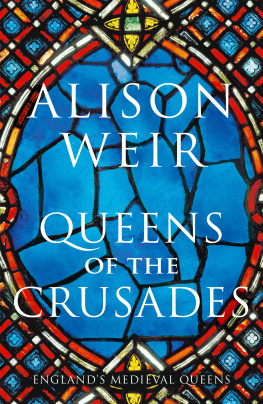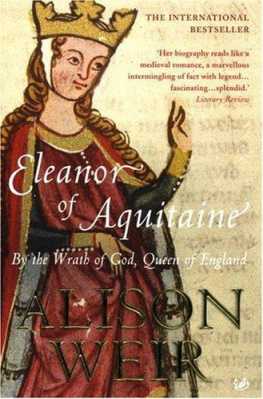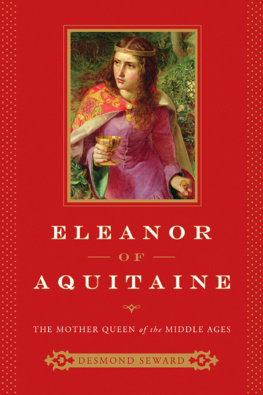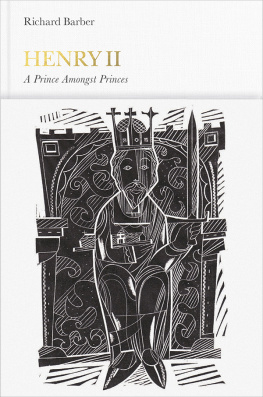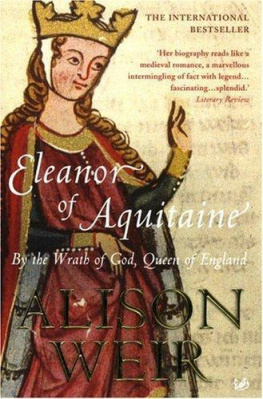First published in Great Britain in 2021 by
PEN AND SWORD HISTORY
An imprint of
Pen & Sword Books Ltd
Yorkshire Philadelphia
Copyright Douglas Boyd, 2021
ISBN 978 1 52674 306 0
eISBN 978 1 52674 307 7
Mobi ISBN 978 1 52674 308 4
The right of Douglas Boyd to be identified as Author of this work has been asserted by him in accordance with the Copyright, Designs and Patents Act 1988.
A CIP catalogue record for this book is available from the British Library.
All rights reserved. No part of this book may be reproduced or transmitted in any form or by any means, electronic or mechanical including photocopying, recording or by any information storage and retrieval system, without permission from the Publisher in writing.
Pen & Sword Books Limited incorporates the imprints of Atlas, Archaeology, Aviation, Discovery, Family History, Fiction, History, Maritime, Military, Military Classics, Politics, Select, Transport, True Crime, Air World, Frontline Publishing, Leo Cooper, Remember When, Seaforth Publishing, The Praetorian Press, Wharncliffe Local History, Wharncliffe Transport, Wharncliffe True Crime and White Owl.
For a complete list of Pen & Sword titles please contact
PEN & SWORD BOOKS LIMITED
47 Church Street, Barnsley, South Yorkshire, S70 2AS, England
E-mail:
Website: www.pen-and-sword.co.uk
Or
PEN AND SWORD BOOKS
1950 Lawrence Rd, Havertown, PA 19083, USA
E-mail:
Website: www.penandswordbooks.com
Also by Douglas Boyd
Histories:
April Queen, Eleanor of Aquitaine
Voices from the Dark Years
The French Foreign Legion
The Kremlin Conspiracy: 1,000 Years of Russian Expansionism
Normandy in the time of Darkness: Life and Death in the Channel Ports 194045
Blood in the Snow, Blood on the Grass: Treachery and Massacre, France 1944
De Gaulle: The Man who Defied Six US Presidents
Lionheart: The True Story of Englands Crusader King
The Other First World War: The Blood-soaked Russian Fronts 191422
Daughters of the KGB: Moscows Cold War Spies, Sleepers and Assassins
Agente: Female Spies in World Wars, Cold Wars and Civil Wars
The Solitary Spy
Red October: The Revolution that Changed the World
Lockerbie: The Truth
Moscow Rules
Plantagenet Princesses
In preparation: Henry II Englands French King
Novels:
The Eagle and the Snake
The Honour and the Glory
The Truth and the Lies
The Virgin and the Fool
The Fiddler and the Ferret
The Spirit and the Flesh
France in the twelfth century
1. Cherbourg
2. Barfleur
3. Rouen
4. Caen
5. Gisors
6. Paris
7. Le Mans
8. Angers
9. Chinon
10. Fontevraud
11. Poitiers
12. Limoges
13. Chlus
14. La Rochelle
15. Bordeaux
16. Bayonne
Glossary
Aketon a protective quilted-coat worn alone or under armour
Bassinet a simple conical helmet
Besegew a guard for the hand on a weapon shaft
Forinsec feudal service to an overlord
Habergeon, haubergeon, hauberk a tunic of (chain)mail
Rouncy a riding horse
Note 1: In the early Middle Ages, legitimate sons of kings were not called princes. Most were simply known as filius regis the kings son or filius henrici the son of Henry, for example. That said, it seems simpler for both author and reader to use the modern term .
Note 2: So many nobles of both sexes shared a small selection of first names that people even then were sometimes confused, adding a toponym like Robert of Gloucester or Theobald of Blois or an epithet such as Geoffrey the handsome or Louis the Fat .
Chapter 1
The life of princes
The single image that epitomises the European Middle Ages is of a knight mounted on a spirited war-horse, wielding a sword. He is no gallant St George, fighting a dragon to rescue a maiden, but a trained killer. As time passed and metal-working became more skilled, his outward costume changed from padded chain mail to plate armour, although the sword in his hand seems to vary very little to the casual glance. We see the image in illuminated manuscripts, on coins and the seals of dukes and kings and their imprints on important documents. The eleventh to fifteenth centuries have been called the age of chivalry, but the knight in the image was doing what knights did best: killing people.
Male society was then divided into three estates. In Latin, they were oratores, bellatores et laboratores : those who prayed, those who fought and those who laboured as serfs, tied to the land, to produce the food and other necessities for the knightly classes. It has been calculated that twenty-three entire families of serfs were required to support one modest knight and his household, and correspondingly more for grander knights and nobles.The only profession apart from the Church for a man of noble birth was to bear arms. Knightly warriors prosecuted their bloody struggles both tactically, face-to-face with a more or less equally matched enemy, and strategically by slaughtering defenceless serfs men, women and children of all ages poisoning their wells with decaying carcases, laying waste their fields with fire and salt, slaughtering their animals and cutting down their orchards to bring starvation to the survivors, thus depriving a noble enemy of the support base for his unproductive way of life
In 1134 Count Philip of Flanders summed up warfare thus: Destroy your enemies and waste their country. Let everything be set alight by burning. Leave nothing for them on which they could have dinner. between neighbours living in the same country not that the concept of nations and countries existed yet. Because of the enormous suffering thus inflicted on millions of innocent and uninvolved people, the Church pronounced the slaughter of farm animals and the destruction of agricultural equipment in war, preventing the serfs from setting the land in order again, to be a sin or war crime, in our terms.
The most extravagant forms of medieval warfare were the crusades summoned by the chief priests of Christianity the popes ostensibly to capture the city of Jerusalem from the Muslims, but also to deflect the warlike tendencies of the knightly classes away from killing their Christian neighbours in Europe. Tens of thousands of knights and lesser fighting men enlisted for each of these costly and mostly abortive campaigns in a far-off land. If the desire to capture riches and fiefs from the infidel was a powerful motive in the First Crusade, the reason to depart on the later ones with a high risk of death from disease or in combat was a popes assurance that all the blood the crusaders had shed in their violent past lives would be eliminated from the debit side when their souls were weighed by angels and demons after death. Killing Muslims, Orthodox and eastern Christians and Jews in the Holy Land did not count.


